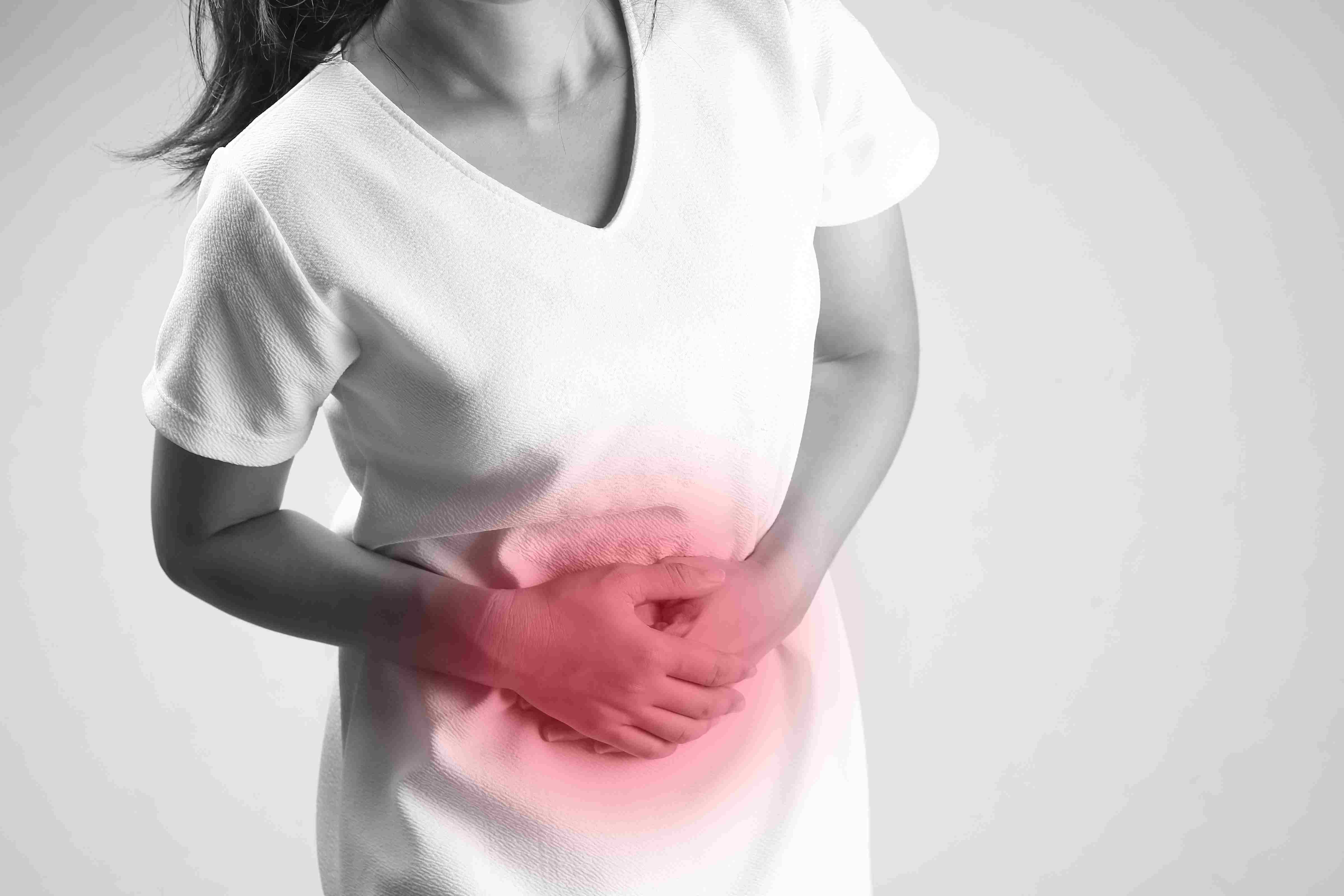
16 Common Causes of Abdominal Pain
Abdominal pain refers to the discomfort that arises in the area between the chest and the pelvic region and can range from intermittent cramping to sharp, stabbing pains to persistent, dull abdominal aches. While most causes of abdominal pain go away gradually, in certain circumstances, abdominal discomfort might suggest a serious illness.
Although it is generally known as stomach pain, abdominal pain can arise from problems in various internal organs other than the stomach, like the gallbladder, pancreas, liver, intestines, abdominal wall, or the body's outer shell. Learn about the many types and causes of abdominal pain below.
Types of Abdominal Pain
Abdominal pain is divided into three categories based on its severity and duration:
- Acute Pain: Acute pain lasts for a few hours or days and may be accompanied by other symptoms such as fever and diarrhea.
- Chronic pain: Chronic abdominal pain is more persistent and can be intermittent. It can last for weeks, months, or even years.
- Progressive pain: This type of stomach pain worsens over time and generally comes with other symptoms.
Common Causes of Abdominal Pain
The following are some of the most common causes of abdominal pain:
- Gastroenteritis (stomach flu): Gastroenteritis is a bacterial or viral infection that causes abdominal pain and other symptoms like nausea, vomiting, fever, bloating, and loose, fluid-filled stools that emerge much sooner than usual after having a meal. Although the symptoms generally subside within a few days, if they persist for more than two days, it could suggest a more significant health issue, such as infection or inflammation.
- Food intolerances: Certain foods like beans, legumes, garlic, soda, and others, produce gas, which occurs when bacteria present in the small intestine break down foods that the body finds intolerant. When there are high amounts of undigested materials, the gas creates pressure in the intestine, causing acute abdominal pain, flatulence and abdominal tightness.
- Irritable bowel syndrome (IBS): Patients suffering from irritable bowel syndrome have a harder time digesting particular foods, and as a result, many of them experience abdominal pain, which is often relieved after a bowel movement.
- Gastroesophageal reflux disease (GERD): Gastroesophageal reflux disease (GERD) is a chronic condition characterised by continuous acid reflux in which stomach acids travel in the backward direction, moving up into the throat. This reflux generates a burning sensation and causes nausea, heartburn, and abdominal pain and may eventually lead to complications, such as esophageal inflammation.
- Vomiting: Various factors can trigger vomiting, such as intestinal blockage and alcohol poisoning. During vomiting, stomach acids flow backward through the digestive canal, irritating tissues along the route causing abdominal pain. Vomiting can also lead to soreness in the abdominal muscles.
- Gastritis: Abdominal pain can occur when the stomach lining is inflamed or swollen. Other symptoms of gastritis include nausea, vomiting, gas, and bloating.
- Constipation: When too much waste builds up in the bowel, the pressure on the intestines rises, causing abdominal pain. It can occur for several reasons, including a diet deficient in fibre or fluid, the use of certain medicines, and a lack of physical activity. It could also be an indication of intestinal blockage. If constipation persists, the person should schedule a gastroenterologist doctor’s appointment as soon as possible.
- Stomach or peptic ulcers: Bacteria and the overuse of anti-inflammatory medicines can lead to stomach and peptic ulcers. If these ulcers or wounds remain unhealed, they can cause significant stomach ache, bloating, indigestion, and sudden weight loss.
- Crohn’s disease: Crohn's disease is a condition wherein the digestive tract lining becomes inflamed and causes abdominal pain, gas, diarrhea, nausea, vomiting, and bloating. As this is a chronic illness, it can also lead to malnutrition, resulting in weight loss and fatigue.
- Celiac disease: Celiac disease is caused by an allergic reaction to gluten, a protein found in many kinds of cereals such as wheat and barley. It causes inflammation in the small intestine, which induces abdominal pain, diarrhea, and bloating.
- Pulled or strained muscles: Injury or strain is common as many daily tasks demand the use of abdominal muscles. Many people also put a lot of emphasis on abdominal exercises, which increases the risk of injury, and, thus, leads to abdominal pain.
- Menstrual cramps or endometriosis: Menstruation can cause inflammation and pain in the abdomen, along with bloating, gas, cramping, and constipation. Women who have endometriosis, a condition in which the tissue that generally forms in the uterus develops in other body parts, may experience more severe or chronic inflammation and abdominal pain.
- Urinary tract and bladder infections: Most urinary tract infections are caused by bacteria that colonise the urethra and bladder and have symptoms like pain, pressure, and bloating in the lower abdomen.
- Infections: Germs can enter the digestive tract because of infections in the esophagus, intestines, or blood, causing stomach ache, diarrhea, and constipation.
- Appendicitis: When the appendix, a small tube-shaped organ connected to the large intestine, becomes inflamed or diseased, the condition is known as appendicitis. It often causes significant abdominal pain and can be removed via surgery.
- Gallstones: The gallbladder stores and releases bile to aid fat digestion. Sometimes, stone-like objects called gallstones form in the gallbladder or bile ducts and cause severe abdominal pain and may result in other complications as well.
Gastroenterology: 5 Ways to Prevent Stones in Gallbladder | Medanta
Other causes
- Kidney infection, disease, or stones
- Hepatitis (inflammation of the liver)
- Parasitic infections
- Infection or infarction of an abdominal organ (when the organ dies due to lack of blood supply)
- Cardiac problems
- Peritonitis (inflammation of the tissue that covers the inside of the abdomen)
- Organ cancer, particularly stomach, pancreatic, or bowel cancer
- Hiatal hernia and cysts
Treatment
While most cases of abdominal pain resolve in a few days with basic home care and medicine, acute or chronic abdominal pain are often signs of illnesses that require medical attention.
At Medanta’s specialised centre for abdominal disorders, patients benefit from state-of-the-art infrastructure, highly experienced doctors, and compassionate nursing staff specialising in all kinds of gastrointestinal problems.


